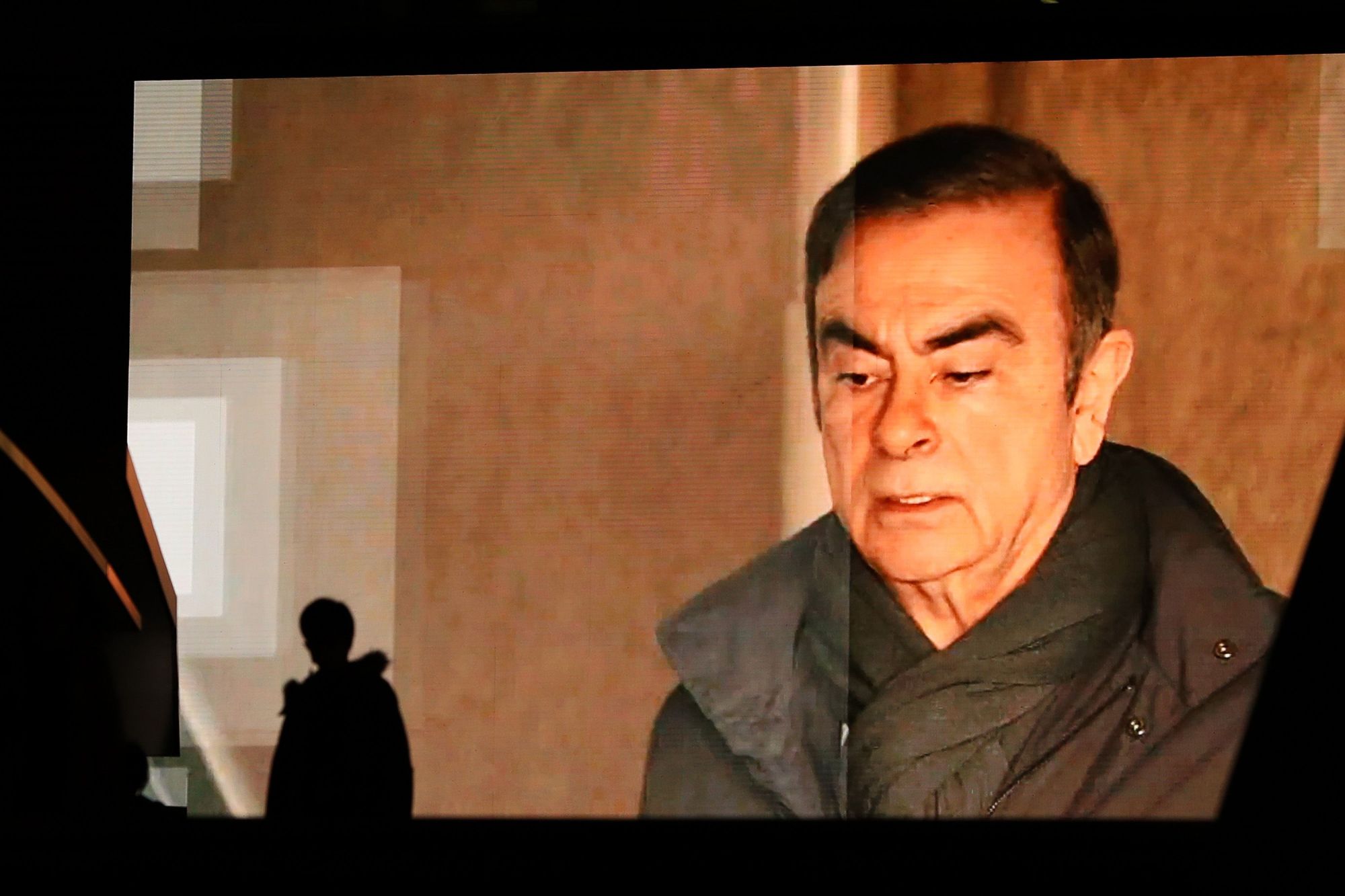The Tokyo District Court let Carlos Ghosn post bail last March, overruling prosecutors' objections that he was a flight risk. After all, how could one of the most recognizable foreign people in the country flee while under round-the-clock surveillance?
As the world learned this week, the court was wrong and Ghosn's stunning escape is bound to bode ill for future foreign suspects seeking to post bail. Yet in the longer term, the fallout could carry broader implications for the pace of reforms in a justice system some regard as draconian.
"It's ironic that Ghosn criticized the Japanese justice system as hostage justice, because the prosecutor's judgment turned out to be right since he actually fled," said Hiroki Sasakura, a professor at Keio University Law School in Tokyo. "His action might have a reverse effect on the criminal justice system, especially the Japanese court's way of thinking, which was turning more liberal."

















With your current subscription plan you can comment on stories. However, before writing your first comment, please create a display name in the Profile section of your subscriber account page.